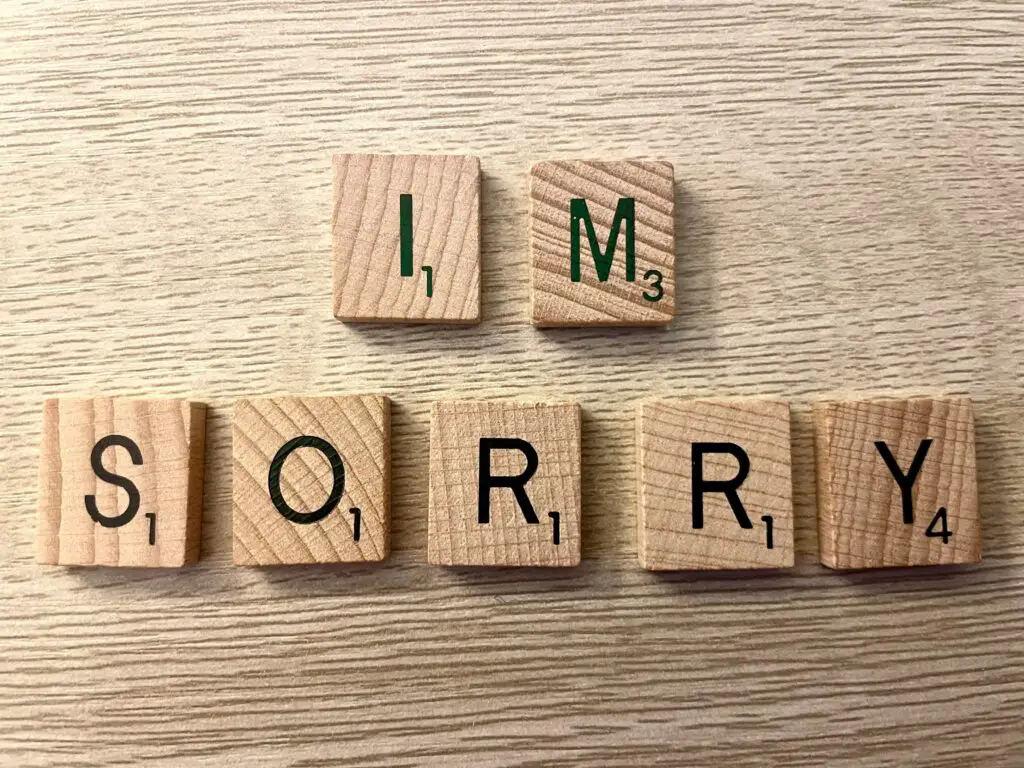In a recent viral TikTok video, Attorney Ugo Lord provides a fresh perspective on the standard advice to “NEVER admit fault in an accident.” The video begins with a woman recording herself, with Lord’s expression in the back, and a humorous situation that reads, “When they try apologizing but you already called your lawyer…”
Lord’s Funny Reaction
Considering Attorney Ugo Lord’s amusing response to the video, it is possible to realize how vital it is to know that admitting fault in an accident can have legal implications. Even a mere apology can be an admission of guilt and has far-reaching effects in the legal world, not to mention that they also affect the insurance industry.
Lord’s legal viewpoint is rooted in the premise that fault is crucial in calculating compensation for personal injury matters, especially in states using comparative negligence law like California. If people admit their mistake, it can harm personal injury claims.
Implications of Admitting Fault

The confession of guilt at the site of an accident can strongly impact legal claims, insurance coverage results, and financial compensation. The main implication is that admitting fault to the police at a scene can become evidence of liability for future claims or lawsuits. Even if other factors were involved in the accident, such as the actions of another driver, an admission can be used to support legal claims against them.
Insurance companies could also deny claims or increase monthly premiums depending on admittance of wrongdoing. Most auto insurance policies do not cover costs arising from carelessness by the insured. Thus, such an admission may nullify a claim and consider the person a high-risk driver which might be costly.
Furthermore, admitting fault can serve as evidence in personal injury lawsuits, weakening the defense of the individual who made the admission. By admitting guilt, individuals establish their negligence, making it easier for those building a case against them to prove liability and seek compensation.
The admission of fault may also intensify the financial responsibility on behalf of an admitted individual. If the plaintiffs in personal injury cases admit guilt, they can use this admission to seek more significant compensation. If successful, it may increase the financial liability of individuals who admittedly caused harm.
It is worth mentioning that the consequences of an admission can differ depending on the jurisdiction and particular circumstances of an accident. The legal implications of a situation can only be apparent after consulting with an experienced lawyer.
The Power of Silence
The recommendation of Attorney Ugo Lord coincides with the legal studies on this issue, which recommends saying as little as possible after an accident and restraining emotions. It also shows how being aware of the legal consequences of what we do and say is crucial, especially in stressful situations such as car accidents.
Even if the other driver pleads guilty, you should avoid absolving him or her of liability and statements of admitting fault. Through silence and denial of guilt, people can defend their legal rights and avoid possible negative consequences.

